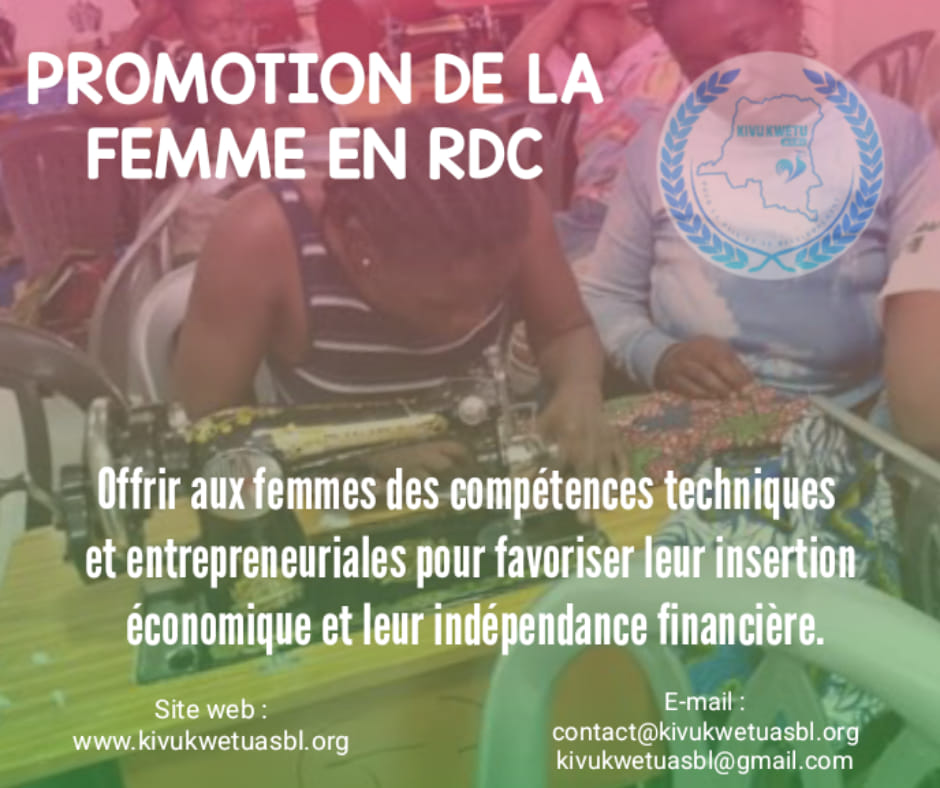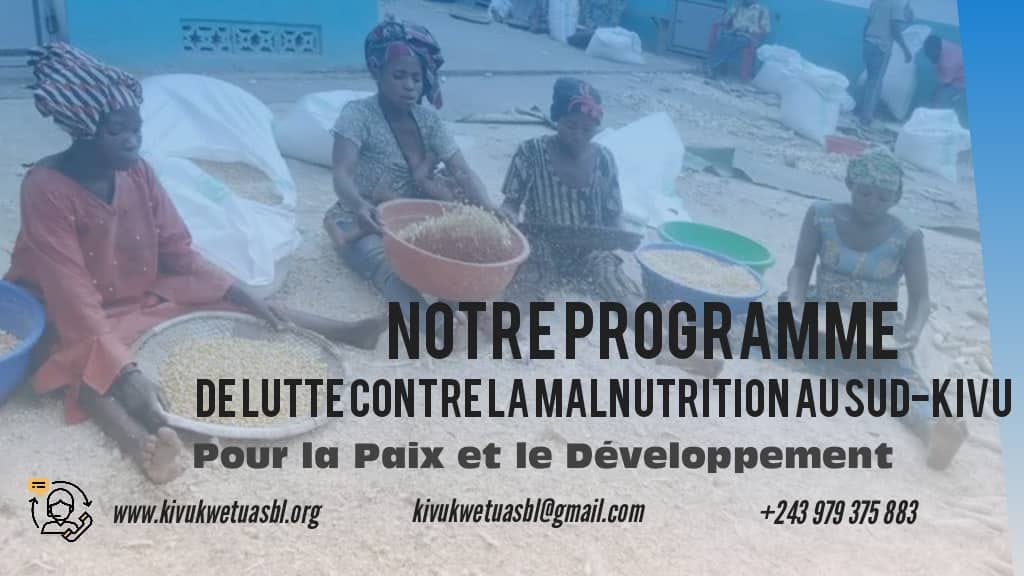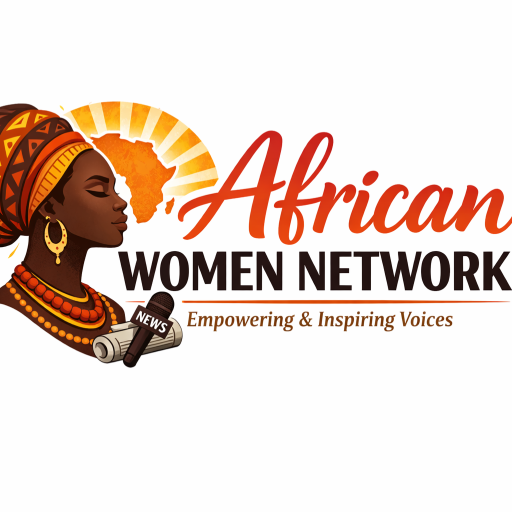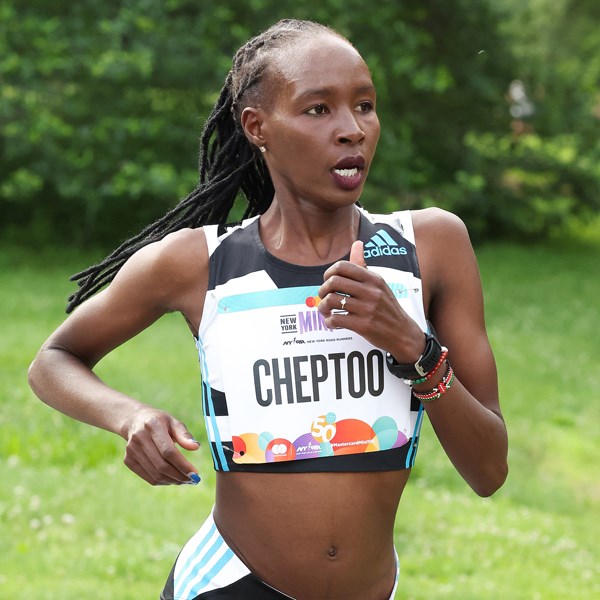
In the remote and often marginalised region of South Kivu in the Democratic Republic of the Congo (DRC), women face persistent challenges stemming from poverty, gender inequality, and limited access to economic opportunities. However, amid these pressing issues, a beacon of hope has emerged in the form of Kivu Kwetu ASBL, a grassroots, community-based organisation devoted to equipping women with the tools they need to thrive.
Kivu Kwetu has recently launched an impactful sewing and tailoring training programme designed specifically for women in remote communities. This initiative goes beyond conventional vocational training—it is a holistic empowerment strategy designed to help women reclaim their independence, build economic resilience, and foster social inclusion.
Sewing Skills as a Pathway to Independence
At the core of this initiative is the belief that economic empowerment begins with practical, marketable skills. The programme teaches women how to design, cut, and sew garments—skills that are in demand both locally and beyond. More importantly, it gives participants a tangible means to generate income, either through employment or by starting their own small businesses.
By acquiring these skills, women are no longer dependent on unstable sources of livelihood or others for support. They gain the confidence to make decisions, advocate for their rights, and provide for their families. The process of learning and creating also becomes a form of psychosocial healing, helping women overcome trauma and societal marginalisation.
Building a Supportive Community Network
The training programme also emphasises the importance of solidarity and peer support. As the women progress through their learning journey, they form strong bonds with one another—sharing their stories, challenges, and victories. This sense of community creates a safe and supportive environment where women are encouraged not just to learn, but to lead and lift each other up.
These connections extend beyond the training sessions, laying the foundation for long-term social cohesion and mutual support. This model fosters leadership, resilience, and collaboration—key components in building stronger, more inclusive communities.
Beyond Individual Growth: Community Impact
The ripple effects of this programme extend far beyond the individual women who participate. As these women gain financial independence, they are able to contribute meaningfully to their households and local economies. Many use their income to send children to school, invest in healthcare, and improve their families’ overall well-being.
Moreover, as role models, they inspire others in their communities to pursue education, skills training, and personal development. Their success challenges harmful gender norms and opens the door for broader participation of women in local governance and decision-making processes.
A Symbol of Hope in South Kivu
In a region where the odds often seem stacked against women, Kivu Kwetu’s initiative stands as a powerful testament to what’s possible when local organizations invest in grassroots empowerment. By focusing on skill-building and community solidarity, the organization is not only transforming individual lives but also contributing to long-term, sustainable development in South Kivu.
As the program continues to grow, it holds the promise of lifting entire communities out of poverty—proving that when women are empowered with knowledge, tools, and support, they can become agents of change for themselves, their families, and society at large.

Kivu Kwetu ASBL’s sewing training program exemplifies the profound impact that community-driven initiatives can have in advancing gender equality, reducing poverty, and strengthening resilience. It is a clear reminder that real change often begins at the grassroots level—with local leaders, local voices, and local solutions.







